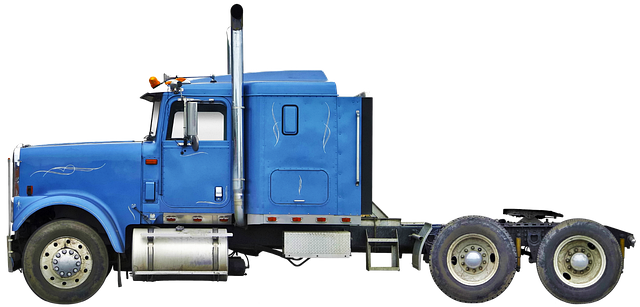Looking to register your car in California? This guide walks you through the entire process, ensuring a smooth experience. First, understand the state’s unique registration requirements for vehicles. Next, gather essential documents for a crucial VIN (Vehicle Identification Number) verification step. After passing inspection, choose your registration type and pay the associated fee. Finally, submit your application and receive your official registration papers. Remember, proper vin verification is key to legal California car registration.
- Understand California Car Registration Requirements
- Gather Necessary Documents for VIN Verification
- Perform Vehicle Identification Number (VIN) Check
- Select an Appropriate Registration Type and Fee
- Submit Application and Receive Your Registration Papers
Understand California Car Registration Requirements

Before registering your car in California, it’s crucial to understand the state’s specific requirements for vehicle registration. The process involves several steps and documents to ensure compliance with local laws. One key aspect is accurate and up-to-date information, beginning with a valid Vehicle Identification Number (VIN) verification. This includes checking the VIN integrity, which can be done through mobile vin inspection or online databases, ensuring no discrepancies or signs of tampering.
California requires all vehicles to undergo an emissions test, especially for older models, to meet environmental standards. Additionally, proof of insurance and a completed Application Form, often obtainable from the California Department of Motor Vehicles (DMV), are essential. These requirements not only facilitate efficient registration but also promote road safety and environmental protection by ensuring only fit and compliant vehicles are on the state’s roads.
Gather Necessary Documents for VIN Verification

To initiate the registration process in California, you’ll need to gather several crucial documents for VIN (Vehicle Identification Number) verification. This step is essential as it ensures that your vehicle meets all legal standards before it can be licensed and registered. Key documents required include the vehicle’s certificate of title, which proves ownership, along with valid identification documents for both the owner and driver, such as a driver’s license or state ID card.
Additionally, you might need to provide proof of insurance, emissions test results (if applicable), and any prior registration records. For a smoother process, consider utilizing mobile VIN verification services that enable on-site inspections, allowing you to complete your paperwork efficiently without the hassle of visiting a DMV office. These services can also help ensure that all necessary documents are accurately documented and submitted for successful VIN inspection.
Perform Vehicle Identification Number (VIN) Check

Before registering your car in California, performing a Vehicle Identification Number (VIN) check is a crucial step. This process involves verifying the authenticity and history of your vehicle using its unique VIN, which can be found on the dashboard or engine bay. In California, you’ll need to ensure that the VIN matches the records for that specific make and model to avoid any discrepancies.
A mobile vin verification or inspection service can be particularly useful if you’re busy or have limited access to traditional inspection facilities. These services allow you to get a quick and accurate read of your vehicle’s history, including past owners, maintenance records, and any potential issues. This step is essential for ensuring that the car you’re registering is safe, legal, and free from hidden problems, making it a key part of the registration process in California.
Select an Appropriate Registration Type and Fee

When registering your car in California, selecting the right registration type is crucial based on your vehicle’s age and intended use. The state offers different options tailored to meet various needs. For instance, a standard private passenger vehicle will have a different registration process than a commercial truck or classic car. One key step in this process is vin verification, which ensures the accuracy of your vehicle’s unique identification number (VIN). This is where choosing the appropriate registration type comes into play; some types may require additional documents or fees related to specific inspections like a VIN inspection.
California’s Department of Motor Vehicles (DMV) oversees these processes and sets corresponding fees. You might opt for online registration, which is convenient and often includes reduced fees, or visit a DMV office for in-person registration. If time is of the essence, consider a mobile vin verifier service that brings the vin inspection to you, making the entire process more efficient. Remember, accurate VIN verification is essential during registration to ensure compliance with state regulations.
Submit Application and Receive Your Registration Papers

After completing your vehicle’s inspection, including a comprehensive VIN verification, it’s time to submit your application. Gather all the required documents, such as proof of ownership, valid identification, and the completed registration form. You can typically do this at your local California Department of Motor Vehicles (DMV) office or online through their secure portal.
Once submitted, the DMV will process your application and issue your registration papers. This may take a few business days, depending on the volume of applications they receive. In some cases, you might have the option to receive these documents via mail or opt for a mobile VIN inspection service that allows you to download your registration digitally.
Registering a car in California involves several steps, from understanding requirements to submitting necessary documents. Ensure you have all the needed paperwork for a smooth process, including your vehicle’s VIN for verification. After completing the application and fee payment, you’ll receive your registration papers, officially making your vehicle road-ready in the Golden State. Remember, proper documentation and adherence to guidelines are key during the car registration process.
